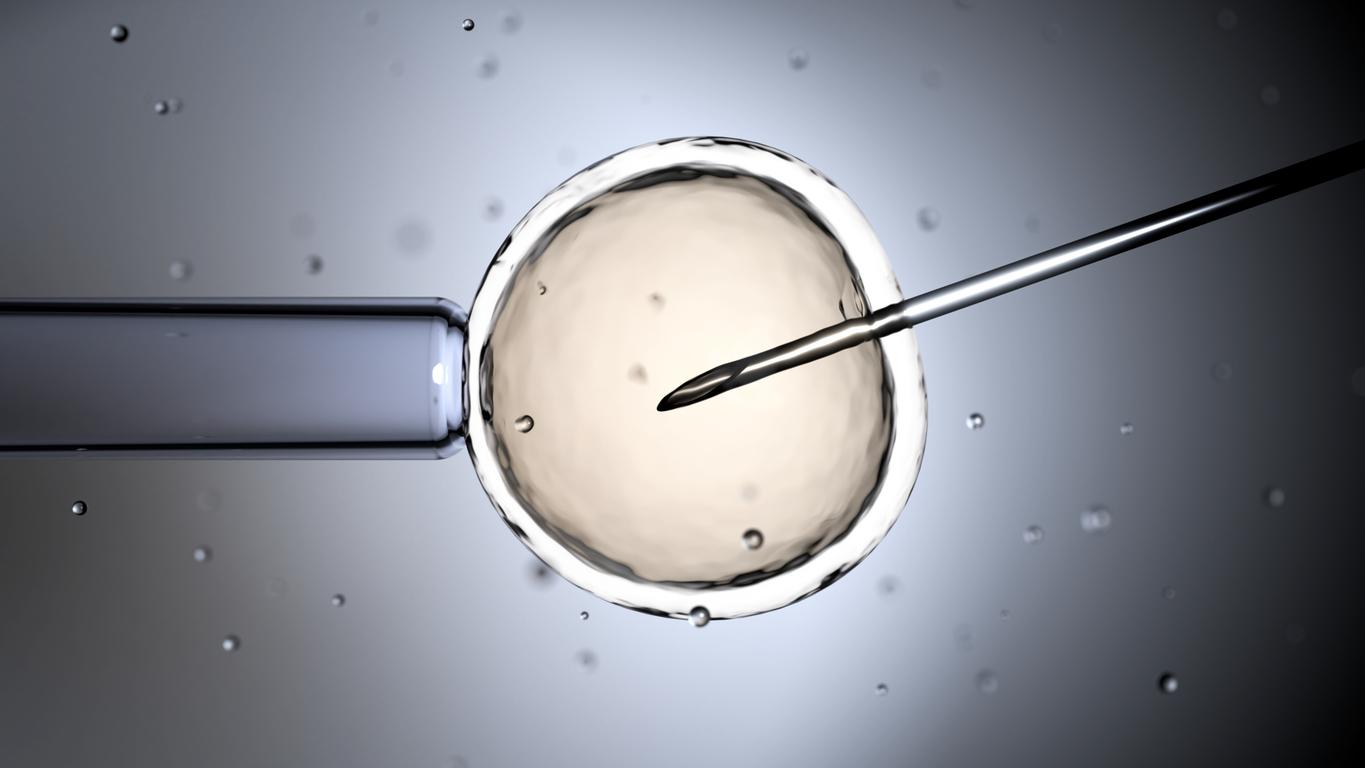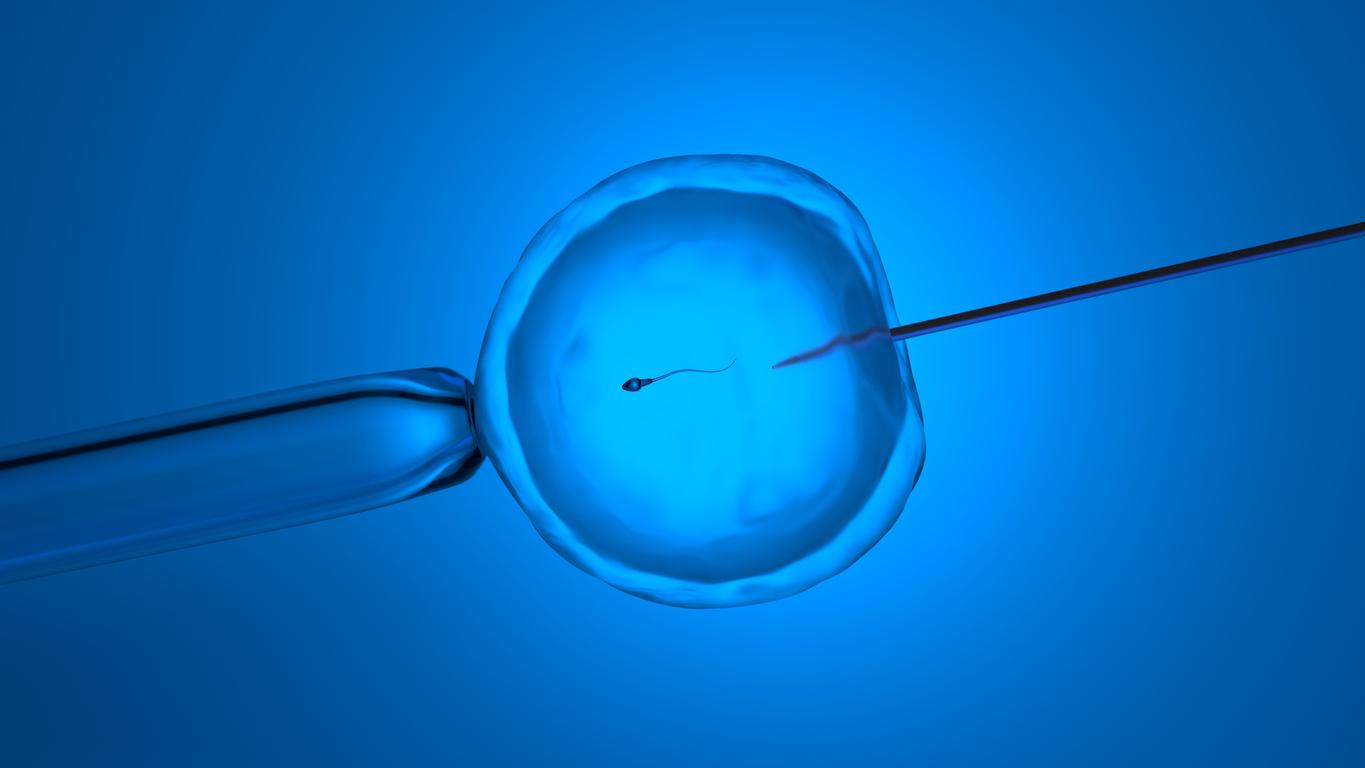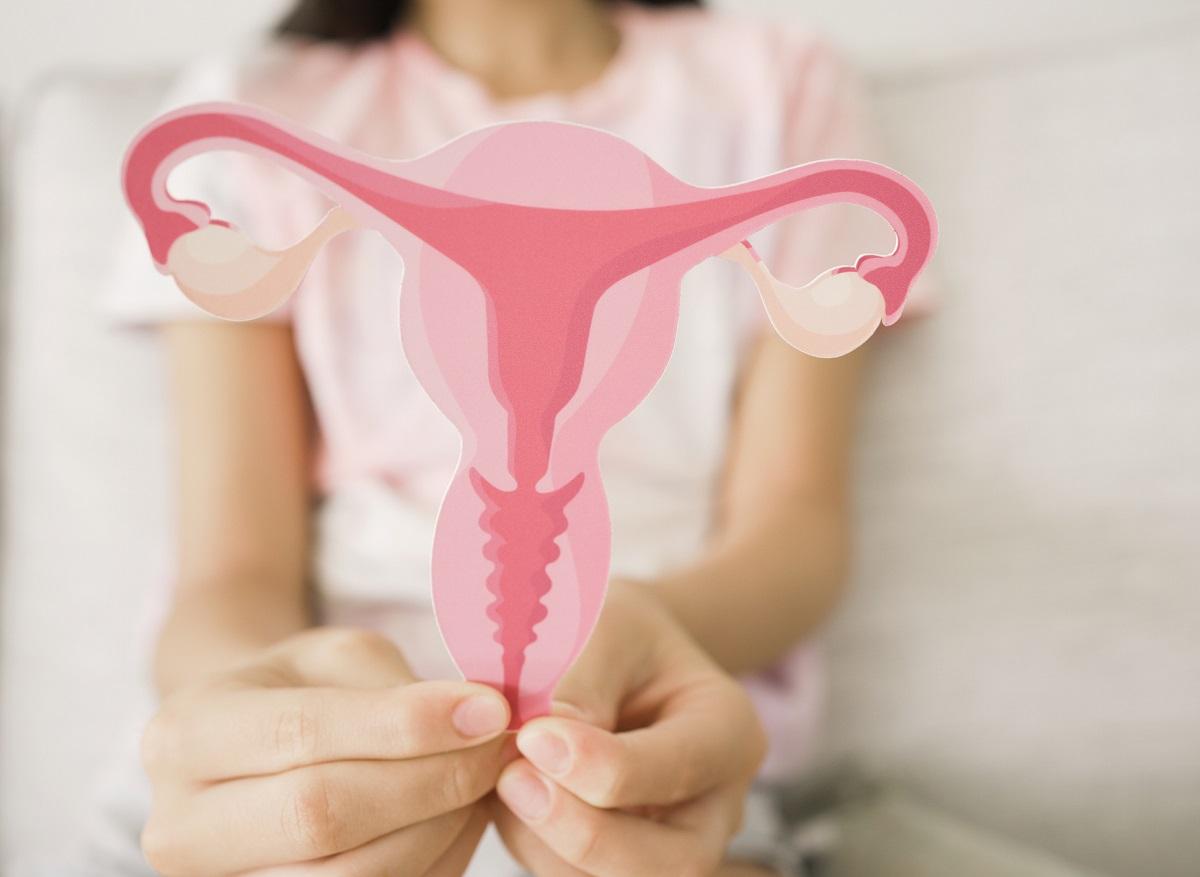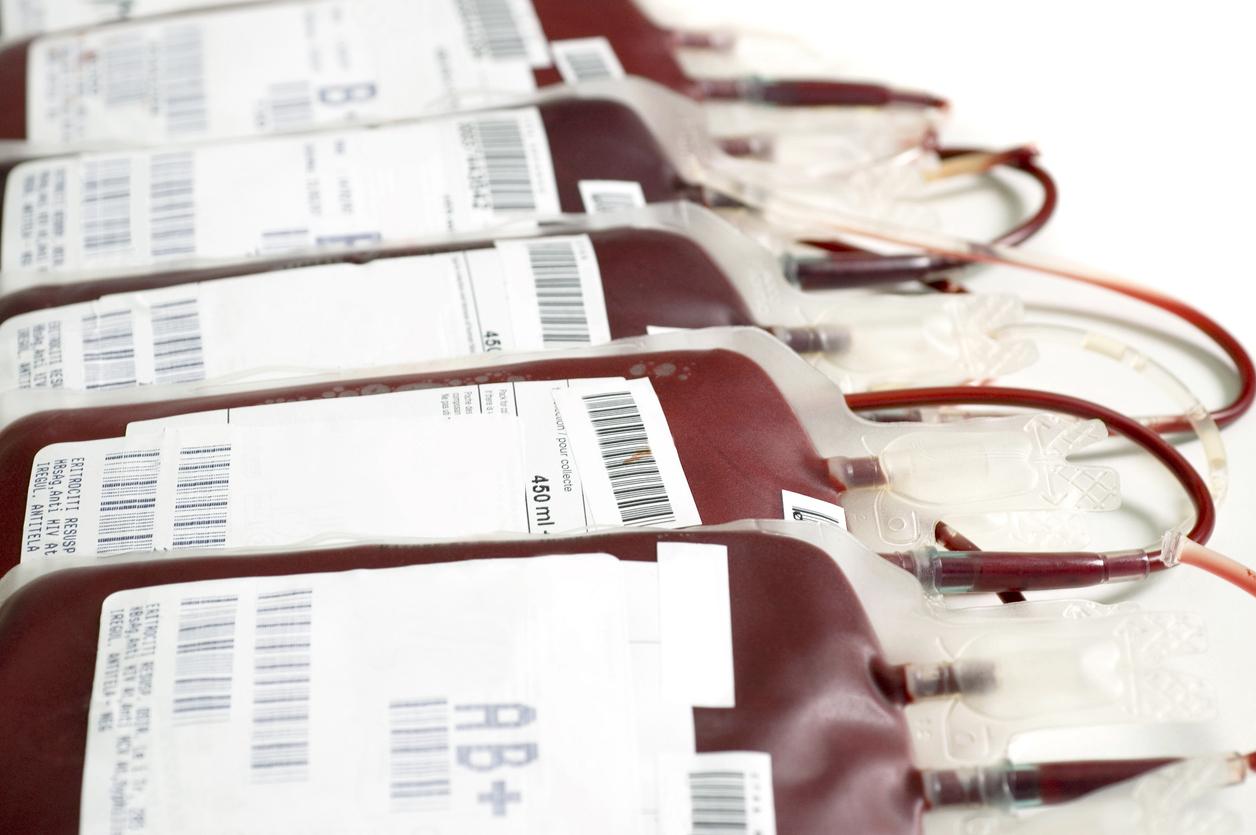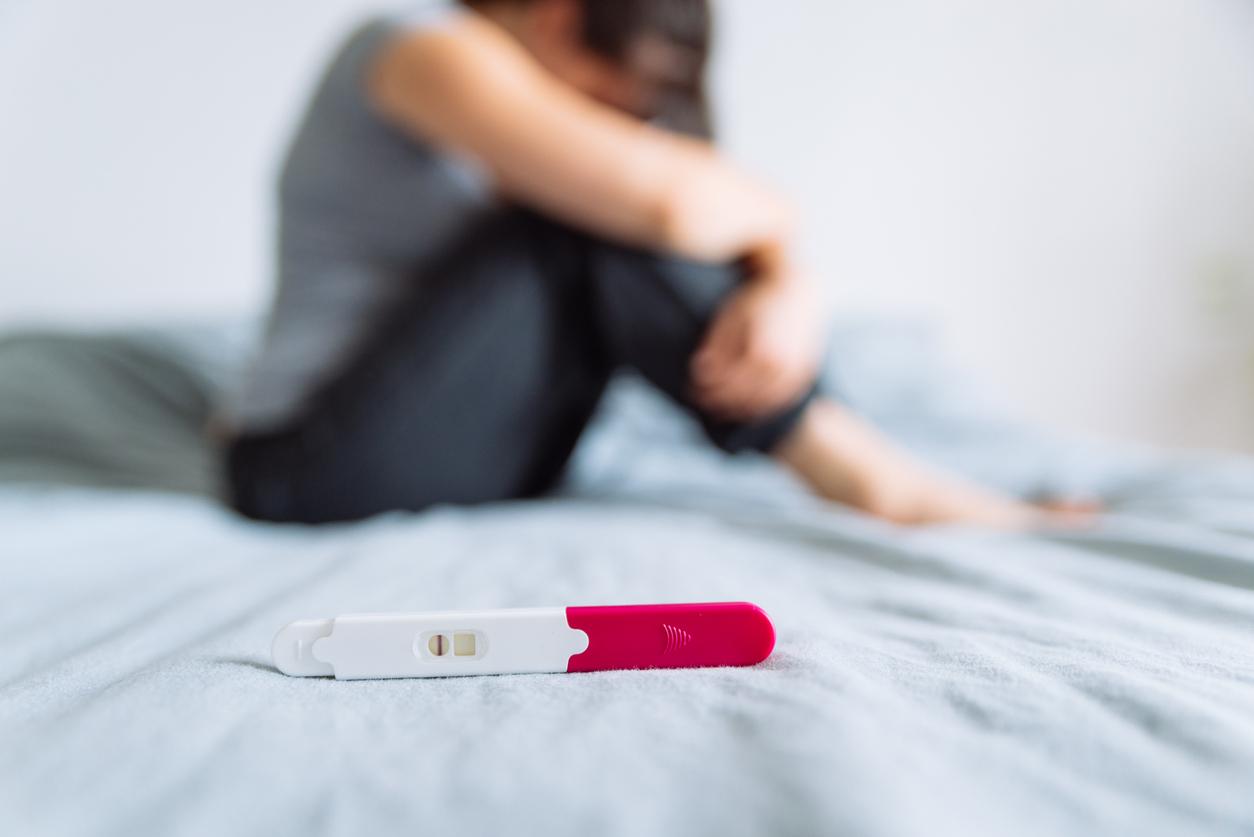American researchers have discovered an enzyme whose role would be crucial during the process of procreation.

- Abnormality can affect double cell division necessary for sperm formation and embryo development
- The enzyme that plays a crucial role in this process has been identified
In France, around one in eight couples have difficulty conceiving a child and according to Inserm, infertility is of male origin in three quarters of cases. American researchers conducted a study on the subject.
Meiosis, a process of double cell division
To fully understand the nature of their work, it is first important to understand that meiosis is the natural process by which the number of chromosomes of male and female germ cells fuse, increasing from 46 to 23. Meiosis is divided into 5 stages and it is during the one called “the pachytene” that the association of each chromosome takes place.
“This step is very important, because the pair must be aligned to proceed with the exchange of genetic material between two chromosomessays Jeremy Wang, a biologist at Penn’s School of Veterinary Medicine. If something goes wrong during this phase, it can cause a defect in meiosis and lead to infertility, loss of the baby or birth defects.” Abnormal meiosis can indeed affect the separation of chromosomes during the formation of spermatozoa or during embryonic development, which can complicate pregnancy.
An enzyme with a key role
The researchers have identified an enzyme that would play a crucial role in maintaining this chromosome pairing during the pachytene stage of meiosis. Without this protein called SKP1, meiosis could not proceed to metaphase, that is, to the next stage of development.
“Reproductive technologies like in vitro fertilization help infertile patients, but man must produce spermExplain jeremy Wang. In the opposite case, he must call on a donor. But if we can find these spermatogonia, the germ cells, they could be tricked into going through meiosis and producing sperm. this SKP1 protein could be part of the solution and ensure continuous meiosis.”
Of course, researchers must deepen their research, but this discovery is already a hope in the treatment of male infertility. Established in 1973 in France, sperm donation is free, anonymous and open to all men aged 18 to 45. Pore than 50,000 babies were born between 1973 and 2013 thanks to 9,300 donors.
.









